 Last week a team of researchers from Bournemouth University and the University of Huddersfield published a blog on the Healthy Newborn Network on ‘Pregnancy and COVID-19: Lessons so far‘ .[1] The blog highlights that since COVID-19 is a new disease, we are still learning how it spreads most commonly, what the best prevention measures are and how it affects different groups of people including pregnant women. The blog mentions particularity the excellent contribution made on the topic by the Royal College of Obstetricians and Gynaecologists, Royal College of Midwives and Royal College of Paediatrics and Child Health, with input from the Royal College of Anaesthetists, the Obstetric Anaesthetists’ Association, Public Health England and Health Protection Scotland in the online publication: Coronavirus (COVID-19) infection and pregnancy – guidance for healthcare professionals: Version 8 – 17 April 2020
Last week a team of researchers from Bournemouth University and the University of Huddersfield published a blog on the Healthy Newborn Network on ‘Pregnancy and COVID-19: Lessons so far‘ .[1] The blog highlights that since COVID-19 is a new disease, we are still learning how it spreads most commonly, what the best prevention measures are and how it affects different groups of people including pregnant women. The blog mentions particularity the excellent contribution made on the topic by the Royal College of Obstetricians and Gynaecologists, Royal College of Midwives and Royal College of Paediatrics and Child Health, with input from the Royal College of Anaesthetists, the Obstetric Anaesthetists’ Association, Public Health England and Health Protection Scotland in the online publication: Coronavirus (COVID-19) infection and pregnancy – guidance for healthcare professionals: Version 8 – 17 April 2020
The Bournemouth University lead on this blog is Dr. Preeti Mahato is working as a Post-doctoral Researcher in the Centre for Midwifery, Maternal & Perinatal Health (CMMPH). Preeti has conducted her PhD research in the field of maternal health, perinatal health and health services research and she has published in these areas. Prof. Padam Simkhada from the Univerisyt of Huddersfield is Visiting Professor in BU’s Faculty of Health & Social Sciences. Pasang Tamang, the lead author, is PhD student at the University of Huddersfield.

Prof. Edwin van Teijlingen
CMMPH
Reference:
- Tamang, P., Mahato, P., van Teijlingen E, Simkhada, P. (2020) Pregnancy and COVID-19: Lessons so far, Healthy Newborn Network [14 April] healthynewbornnetwork.org/blog/pregnancy-and-covid-19-lessons-so-far/
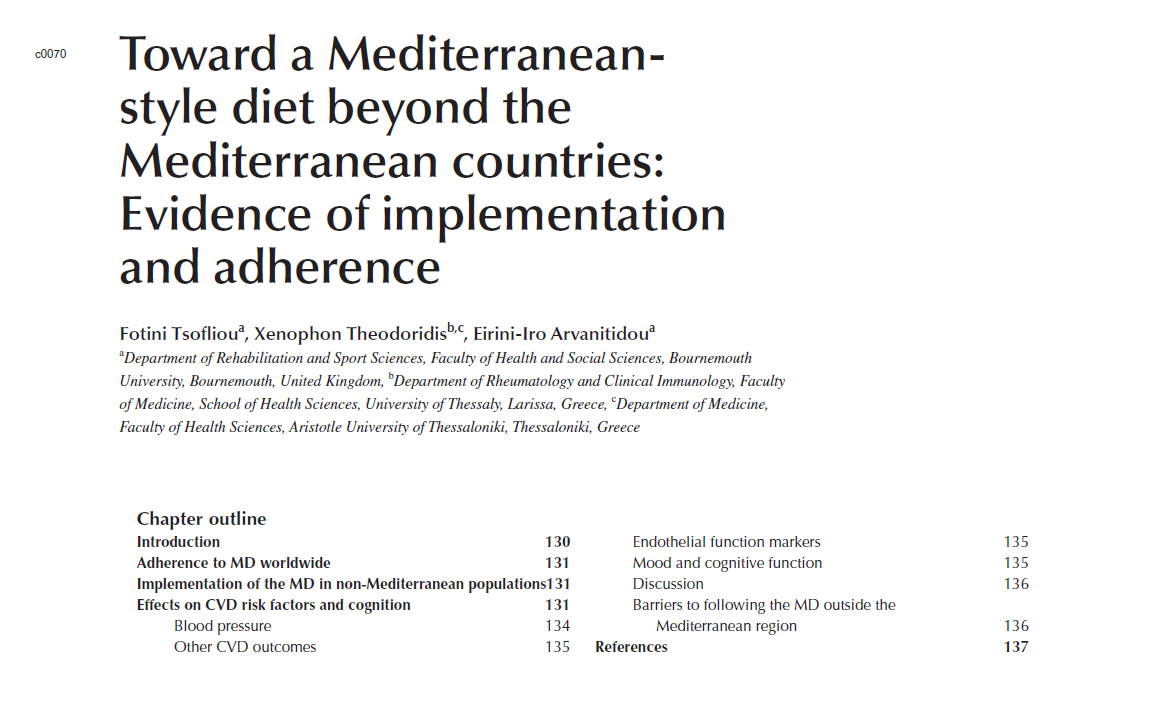
 In recognition of the important contribution that early career academics play in driving research for the future, we are delighted to continue the BU Academic Targeted Research scheme to attract and recruit talented individuals in targeted research areas. Following the successful recruitment of five new posts, we will employ one other new Senior Lecturer with significant postdoctoral expertise (or of comparable experience) with outstanding potential in alignment with the targeted research areas:
In recognition of the important contribution that early career academics play in driving research for the future, we are delighted to continue the BU Academic Targeted Research scheme to attract and recruit talented individuals in targeted research areas. Following the successful recruitment of five new posts, we will employ one other new Senior Lecturer with significant postdoctoral expertise (or of comparable experience) with outstanding potential in alignment with the targeted research areas: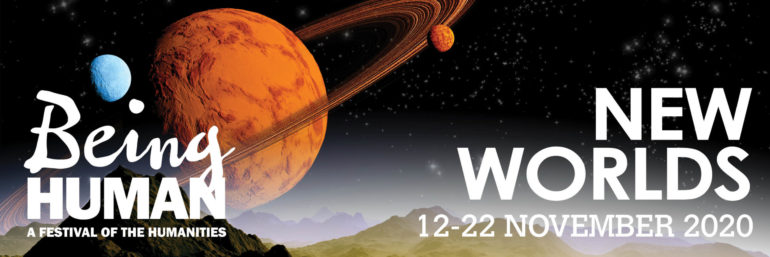
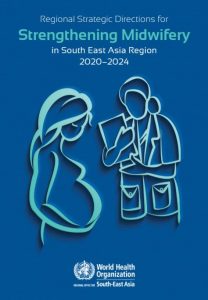
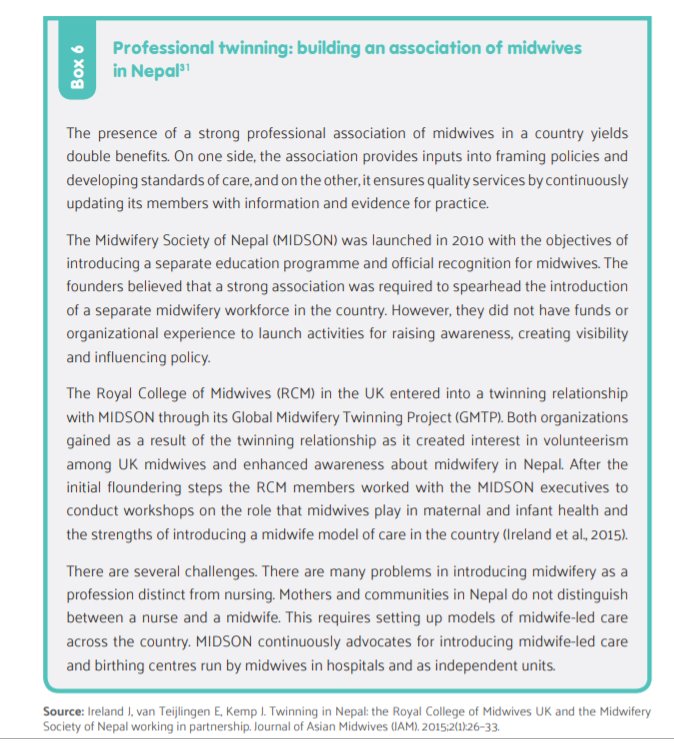
 Advance notice that the Parliamentary Academic Fellowship Scheme Open Call will be launching in June 2020, when expressions of interest will be sought.
Advance notice that the Parliamentary Academic Fellowship Scheme Open Call will be launching in June 2020, when expressions of interest will be sought.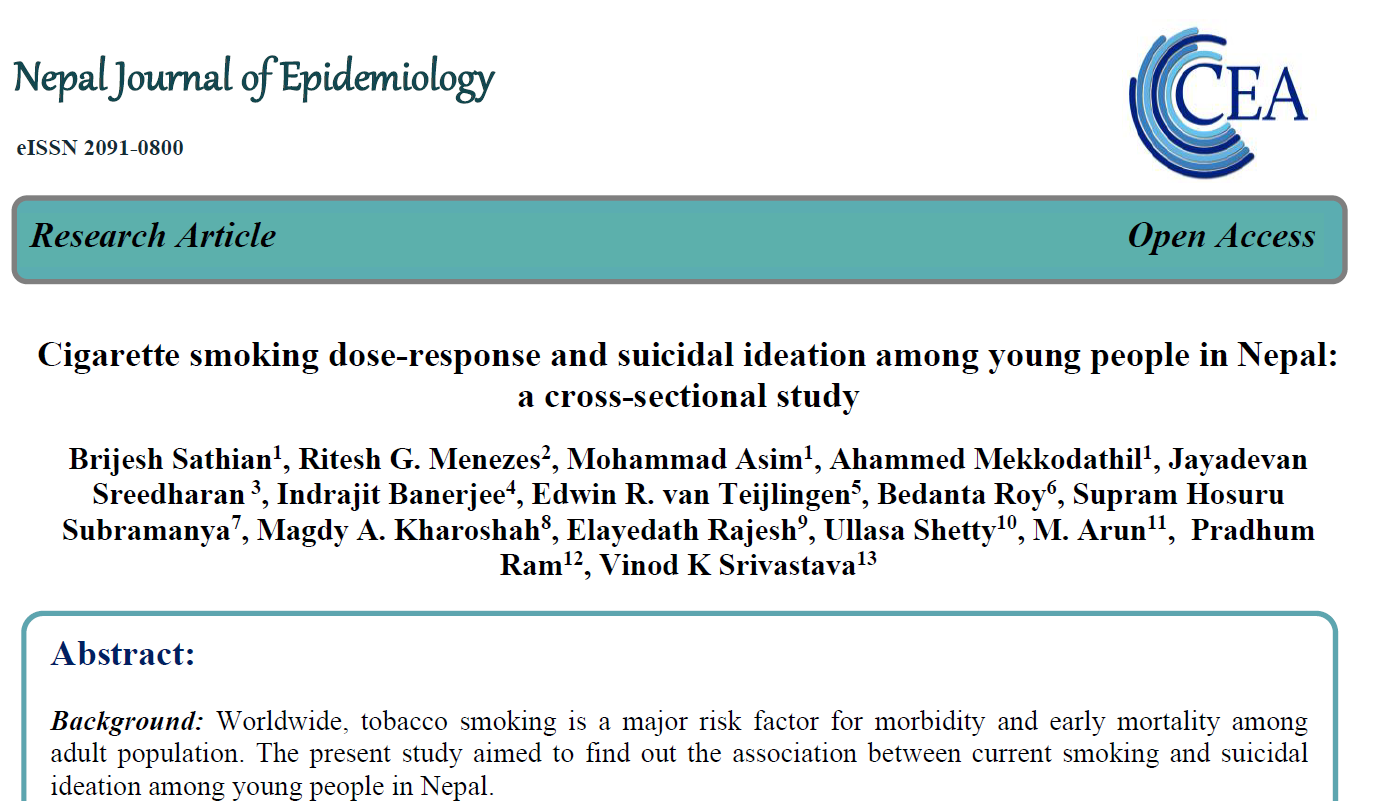
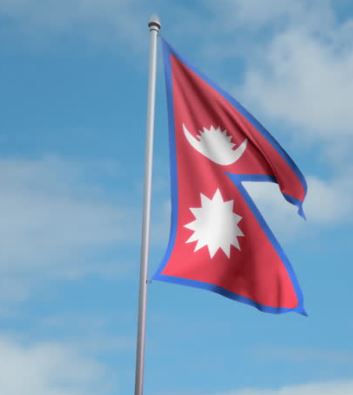

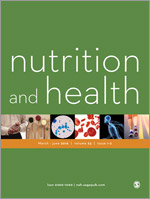
 If you would like to take the opportunity of online impact training as it relates to the UKRI Case for Support or writing the impact sections of Horizon 2020 proposals, Professor Mark Reed of Fast Track Impact is offering free, interactive webinars, giving you access to his most popular training sessions. Due to a high level of interest, there are now a further 100 tickets available for each of the two courses below:
If you would like to take the opportunity of online impact training as it relates to the UKRI Case for Support or writing the impact sections of Horizon 2020 proposals, Professor Mark Reed of Fast Track Impact is offering free, interactive webinars, giving you access to his most popular training sessions. Due to a high level of interest, there are now a further 100 tickets available for each of the two courses below:
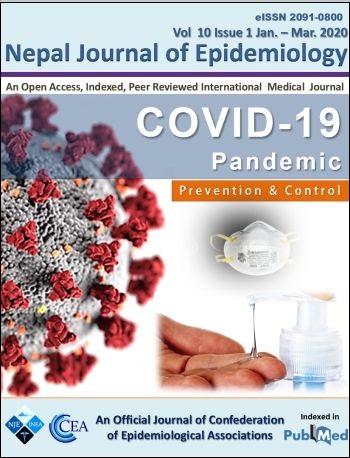
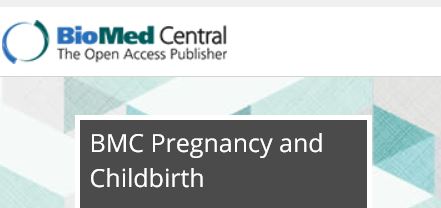
 The international social science publisher SAGE published a new textbook this week under the title
The international social science publisher SAGE published a new textbook this week under the title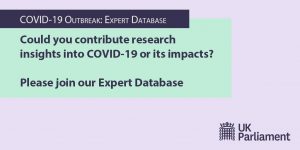 w weeks, Parliament has seen a surge in need for access to research expertise as it engages with the COVID-19 outbreak.
w weeks, Parliament has seen a surge in need for access to research expertise as it engages with the COVID-19 outbreak.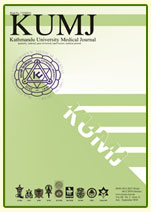












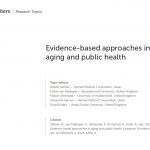 New eBook published in April
New eBook published in April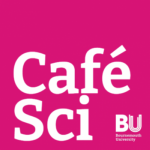 Café Scientifique Tuesday 4 June 2024 – How can we become more resilient in the face of multiple risks and hazards?
Café Scientifique Tuesday 4 June 2024 – How can we become more resilient in the face of multiple risks and hazards? MSCA Postdoctoral Fellowships 2024
MSCA Postdoctoral Fellowships 2024 Horizon Europe News – December 2023
Horizon Europe News – December 2023